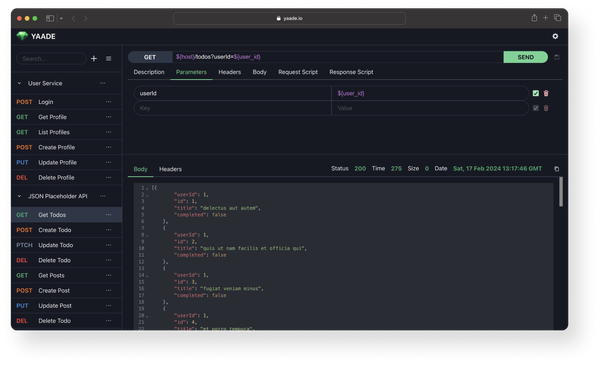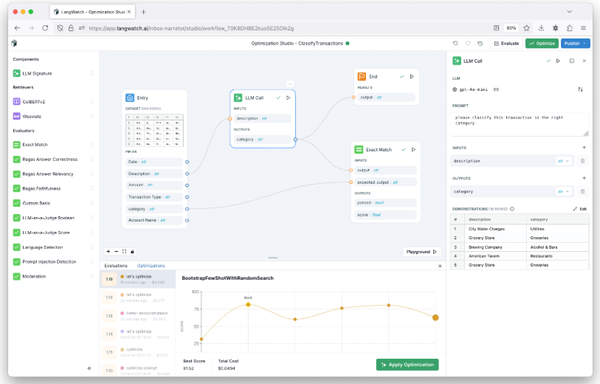TypeScript Guide for Beginners
Table of Content
TypeScript is a superset of JavaScript that adds static typing to the language. Developed and maintained by Microsoft, TypeScript is designed to enhance the development process by catching errors early and improving code quality.
It compiles down to plain JavaScript, ensuring compatibility with all JavaScript environments.
Why TypeScript is Important
- Type Safety: TypeScript’s static typing allows you to catch type-related errors during development rather than at runtime. This reduces bugs and enhances code reliability.
- Improved IDE Support: TypeScript provides better autocompletion, navigation, and refactoring capabilities in modern IDEs, boosting productivity.
- Better Documentation: Types serve as a form of documentation, making the codebase easier to understand and maintain.
- Scalability: TypeScript is ideal for large-scale projects. It helps maintain consistency and readability across large codebases, making collaboration among developers smoother.
- Compatibility: Since TypeScript compiles to JavaScript, it’s fully compatible with existing JavaScript libraries and frameworks.
- Optional Static Typing: You can gradually introduce TypeScript into a JavaScript project, making it easier to adopt.
Installing TypeScript
To start using TypeScript, you need to install it via npm (Node Package Manager).
npm install -g typescript
You can verify the installation by checking the version:
tsc --version
Setting Up a TypeScript Project
target: Specifies the JavaScript version to compile to (e.g., ES5, ES6).module: Determines the module system to use (e.g., CommonJS, ESNext).strict: Enables strict type-checking options.outDir: Specifies the output directory for compiled JavaScript files.
Create a tsconfig.json File: Generate a tsconfig.json file to configure the TypeScript compiler.
npx tsc --init
This file controls how TypeScript compiles your code. Some key settings include:
Install TypeScript Locally:
npm install typescript --save-dev
Initialize a Project: Create a new directory and initialize a TypeScript project.
mkdir my-typescript-project
cd my-typescript-project
npm init -y
Writing TypeScript Code
Create a simple TypeScript file, index.ts, in your project directory:
function greet(name: string): string {
return `Hello, ${name}!`;
}
console.log(greet("World"));
Compiling TypeScript
Compile the TypeScript file to JavaScript using the TypeScript compiler (tsc):
npx tsc
This command compiles index.ts to index.js in the specified output directory.
Key TypeScript Features
- Static Typing: TypeScript allows you to define types for variables, function parameters, and return values.
- Interfaces: Interfaces define the structure of an object, ensuring that objects adhere to specific shapes.
- Enums: Enums allow you to define a set of named constants.
- Generics: Generics enable you to create reusable components that work with a variety of types.
- Type Aliases: Type aliases allow you to create a new name for a type.
- Union and Intersection Types: Union types allow a variable to hold multiple types, Intersection types combine multiple types into one.
- Modules: TypeScript supports ES6 modules, allowing you to split your code into reusable pieces.
Example 1:
export function add(x: number, y: number): number {
return x + y;
}
import { add } from './math';
console.log(add(5, 3));
Example 2:
function formatId(id: string | number): string {
return `ID: ${id}`;
}
Example 3:
type StringOrNumber = string | number;
let value: StringOrNumber = "Hello";
Example 4:
function identity<T>(arg: T): T {
return arg;
}
let output = identity<string>("Hello");
Example 5:
enum Direction {
Up,
Down,
Left,
Right,
}
let dir: Direction = Direction.Up;
Example 6:
interface Person {
firstName: string;
lastName: string;
}
function greet(person: Person) {
return `Hello, ${person.firstName} ${person.lastName}`;
}
let user = { firstName: "Jane", lastName: "Doe" };
console.log(greet(user));
Example 7:
let isDone: boolean = false;
let count: number = 10;
let name: string = "John";
Best Practices and Tips
Use Strict Mode:
Enable strict mode in tsconfig.json to catch potential errors early.
Example: "strict": true
Leverage Type Inference:
TypeScript can automatically infer types, reducing the need for explicit type annotations.
Use Interfaces Over Types for Objects:
Prefer interface for defining object shapes, as it provides better support for extending and merging.
Avoid Using any:
The any type disables type checking and should be avoided unless absolutely necessary.
Keep Code DRY with Generics:
Use generics to create flexible, reusable components.
Utilize TypeScript's Linting Tools:
Use tools like ESLint with TypeScript support to maintain code quality.
Consistent Code Formatting:
Use a formatter like Prettier with TypeScript support to ensure consistent code style.
Use the Latest TypeScript Version:
Regularly update TypeScript to take advantage of new features and improvements.
Example:
let count = 10; // TypeScript infers `number`
Final Note
TypeScript is a powerful tool that enhances the JavaScript development process.
By providing static typing, better tooling support, and a more maintainable codebase, TypeScript is crucial for developing large-scale applications. By following best practices and leveraging TypeScript’s features, you can write safer, more reliable code that scales.











